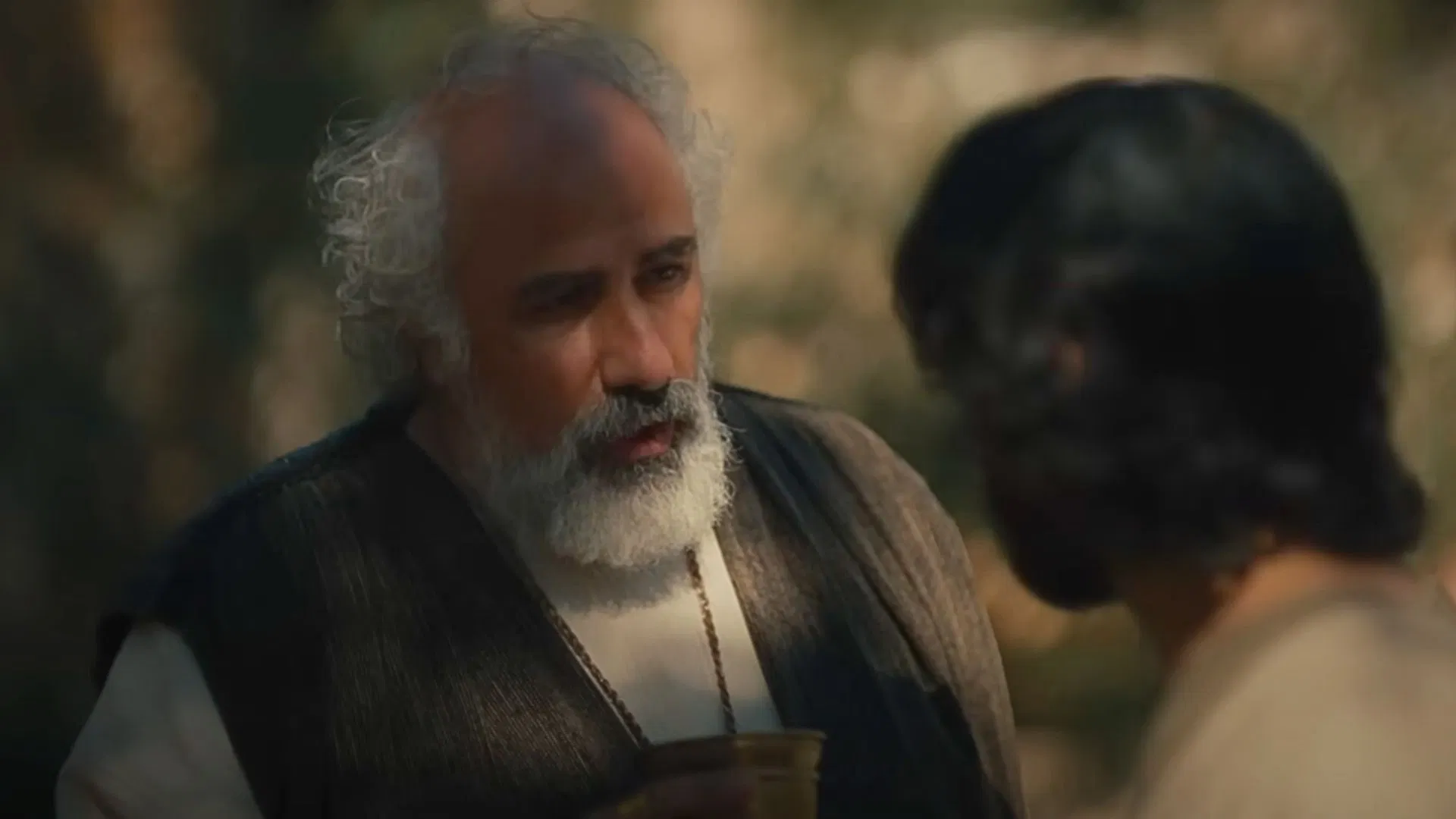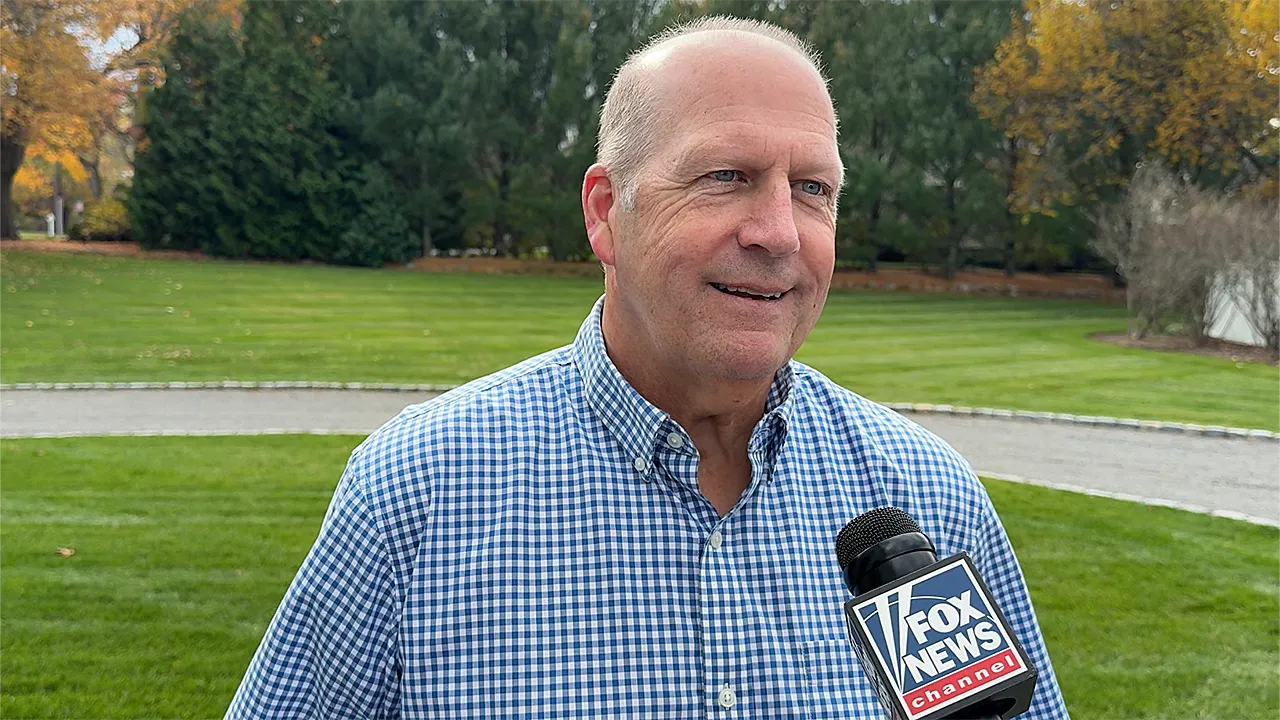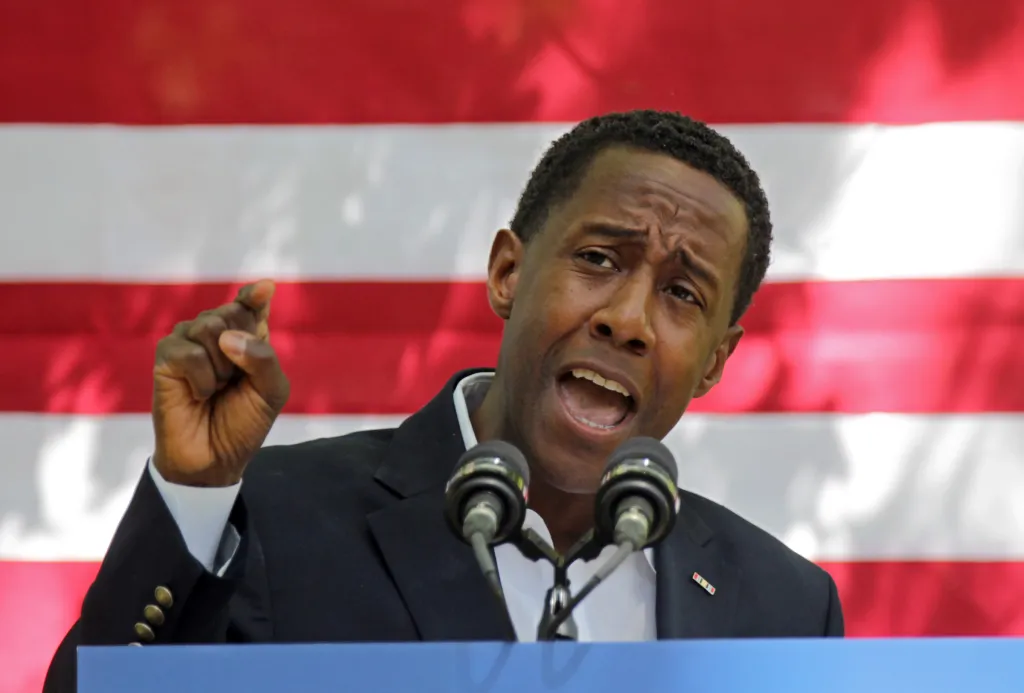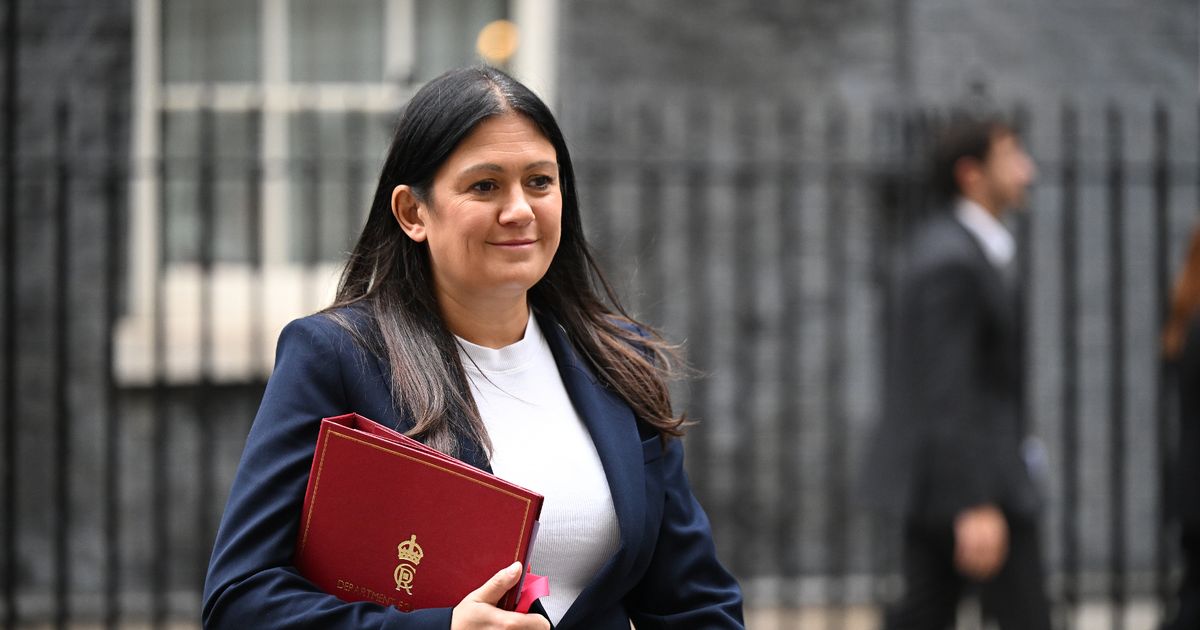Copyright cityam
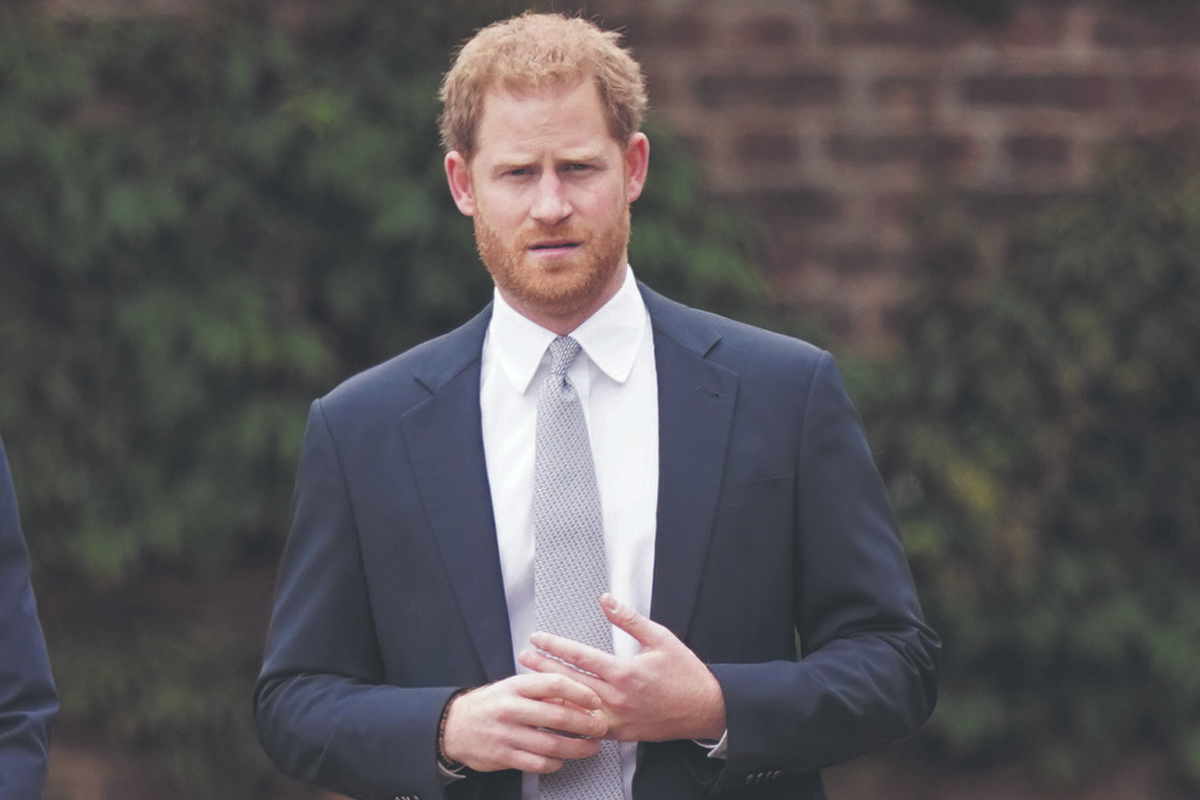
Prince Harry has never posed as a deep thinker, but his paean to “banter” written from his mansion in Montecito is beyond a joke, says Eliot Wilson If immigration is one of the most contentious subjects in contemporary British politics, then British identity is in turn one of its knottiest elements. What does it mean to be British? What are our values and characteristics? Where do they come from? These are difficult questions to which too often people give glib, partial or divisive answers. With Remembrance Sunday just passed and Armistice Day being commemorated tomorrow, we have a new contribution to the discourse. Last week Prince Harry published a short passage entitled The Bond, The Banter, The Bravery: What it means to be British, in which he tried to link the ceremonies of remembrance with a shared culture and sense of national self. It is not altogether successful. Inevitably, given his background, the Duke of Sussex sees the question through a primarily military lens. He is a former officer in the Blues and Royals, serving in the army for 10 years, including two operational tours in Afghanistan. Harry is genuinely passionate about the welfare of ex-service personnel, especially those who have been injured: this led him to establish the Invictus Games, an international sporting competition for injured military veterans. The duke has never posed as a deep thinker, and his words suffer from a kind of self-protective larkiness and awkward, no-but-seriously profundity characteristic of some army officers. To demonstrate what he values so deeply, Harry reaches for a matey illustration which will make more sensitive souls cringe: “The banter of the mess, the clubhouse, the pub, the stands ridiculous as it sounds, these are the things that make us British. I make no apology for it. I love it.” The text is also shot through with modern wellness culture and motivational speaking: “bravery is not the absence of fear, but the triumph of purpose over it”. He describes remembrance as “a lifelong commitment to empathy, gratitude, and action; to be kinder, more united”. That exhortation to “be kind” has, unfortunately, developed a darkly ironic ring to it in recent years. Prince Harry’s argument for the importance of remembrance is sincere, and his meaning is absolutely correct: while we grit our teeth at absurdities like the Peace Pledge Union promoting its white poppy and demanding that remembrance is “decolonised”, the prince is much closer to the mark in calling it a “collective responsibility”. He reminds us of an important element of our duty to veterans when he says that “our duty to them does not end when their service does”. That said, the thumbnail sketch of British identity provided by Prince Harry is thin gruel. He cannot make much headway beyond stoic self-deprecation – a trait that sometimes seems in shorter supply than once it did – and that universal language of superficiality which stands in for the articulation of feelings, “banter”. We are surely very much more than that as a nation and a people. There is always an obvious and immediate hurdle for those who talk about patriotism but live outside the country of their birth More than that, there is an elephant in the room. The prince allows a brief glance at its impressive bulk before moving on when he starts one sentence “Though currently, I may live in the United States…” There is always an obvious and immediate hurdle for those who talk about patriotism but live outside the country of their birth. The late Sir Sean Connery was pilloried for his support of the Scottish National Party from his homes in Marbella and the Bahamas; Isabel Oakeshott, when expatiating on the decline of Britain and what could be better, must overcome her residency in Dubai. It is not just that Prince Harry lives in the $30m Chateau of Riven Rock in Montecito. Although the prince has cited press intrusion as a major motivation, the Duke and Duchess of Sussex relocated to California partly because they wanted commercial and financial success; they agreed a deal with Netflix reported worth $100m over five years and the duchess has reimagined herself as a lifestyle influencer. More extraordinary was that the couple seemed initially to think they could combine this private-sector existence with a diluted form of active royal status. When the late Queen made it clear that this unholy compromise was unacceptable, Prince Harry also gave up a number of honorary positions in the armed forces, including Captain General of the Royal Marines and Commodore-in-Chief of Small Ships and Diving in the Royal Navy. In the end it is a matter of tone. Whether the couple were subjected to a media witch-hunt or could not tolerate a public profile on any terms but their own, Prince Harry made choices. As even his uncle, Andrew Mountbatten Windsor, is now discovering, choices come with consequences. The prince’s dedication to the Invictus Games is sincere and admirable, but he cannot read the room; paeans to the British character composed behind gates on the coast of the Pacific Ocean sabotage their own credibility. Eliot Wilson is a writer
